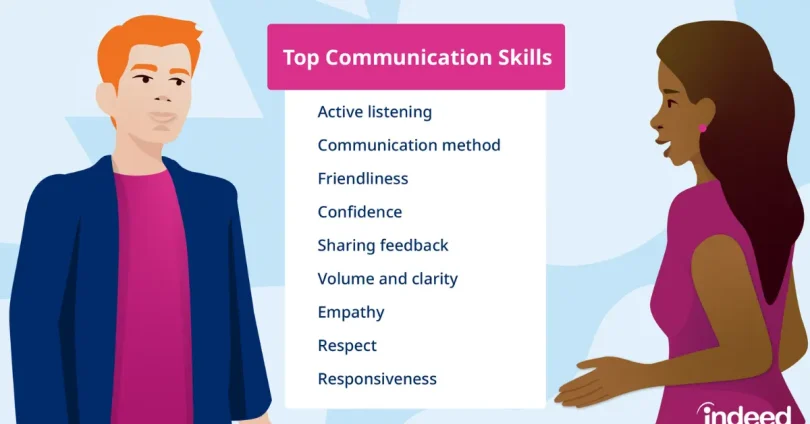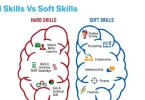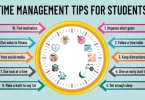Introduction
Communication is one of the most fundamental human skills—it shapes how we connect, share ideas, and build relationships. From casual conversations to complex professional interactions, effective communication plays a vital role in nearly every aspect of our daily lives.
Strong communication skills are essential not only for personal success but also for thriving in professional environments. They enable us to express ourselves clearly, understand others better, and collaborate efficiently.
The purpose of this article is to define communication skills, explore the different types, and highlight their numerous benefits. Whether you want to improve your interpersonal relationships or advance your career, understanding communication is the first step toward meaningful connection and influence.
Defining Communication Skills
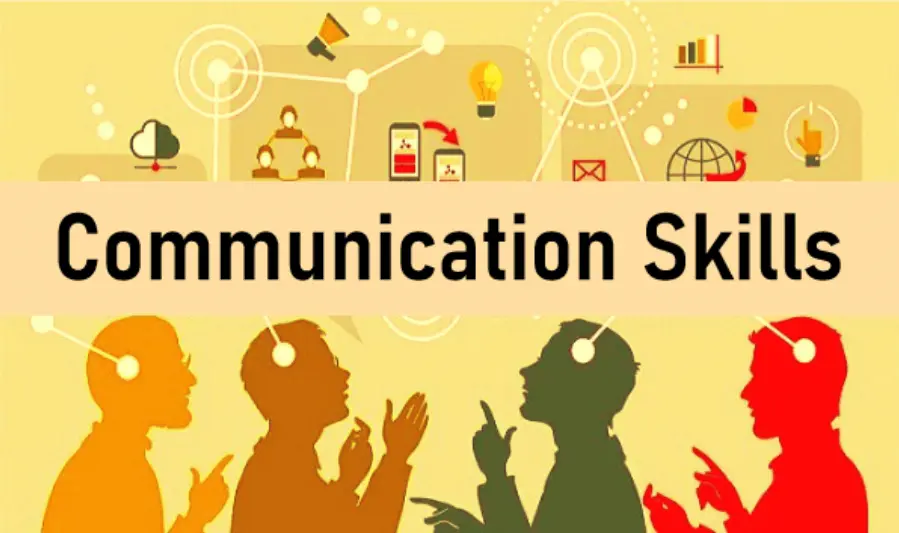
Communication skills refer to the ability to effectively convey, receive, and interpret messages in various forms, whether spoken, written, or nonverbal. These skills enable individuals to share information clearly and build understanding between people.
The Communication Process
Communication is a dynamic process that involves several key components:
- Sender: The person who initiates and transmits the message
- Message: The information, idea, or feeling being communicated
- Receiver: The person or group who receives and interprets the message
- Feedback: The response from the receiver, which helps the sender know if the message was understood correctly
Effective communication occurs when the sender’s message is accurately received and understood by the receiver, often facilitated through feedback.
Communication Skills vs. Communication
It’s important to distinguish between communication itself—the act or process of sharing information—and communication skills, which are the abilities that enable someone to do this successfully. While communication is the broader concept, communication skills encompass the specific techniques and competencies that make interactions clear, meaningful, and productive.
Why Communication Skills Matter
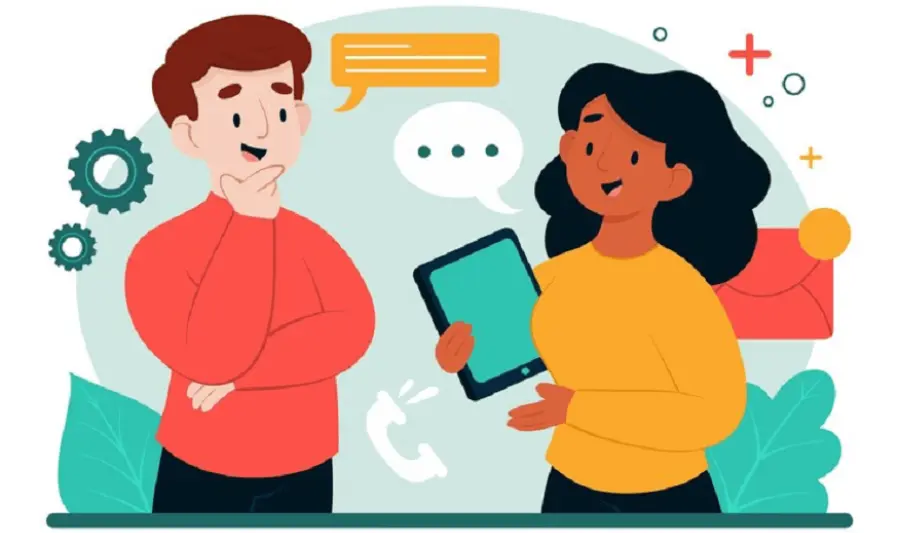
Effective communication skills are essential because they influence nearly every aspect of our lives, both personally and professionally.
Building Relationships
Strong communication fosters trust, understanding, and connection in relationships. Whether with family, friends, or colleagues, being able to express yourself clearly and listen actively helps create meaningful and lasting bonds.
Career Advancement and Job Performance
In the workplace, good communication is key to sharing ideas, giving and receiving feedback, and collaborating on projects. Professionals with strong communication skills are often more successful in interviews, negotiations, and leadership roles, which can lead to career growth.
Teamwork, Leadership, and Conflict Resolution
Effective communicators contribute to better teamwork by clarifying goals, resolving misunderstandings, and motivating others. Leaders rely on communication to inspire, guide, and manage their teams, while conflict resolution depends heavily on the ability to listen and communicate empathetically.
Personal Growth and Confidence
Developing communication skills boosts self-confidence and helps individuals express their thoughts and feelings more clearly. This personal growth can improve social interactions and overall quality of life.
Types of Communication Skills
4.1 Verbal Communication
Definition:
Verbal communication involves the use of spoken words to convey messages. It includes face-to-face conversations, phone calls, presentations, speeches, and any situation where speaking is the primary medium.
Examples:
- Giving a presentation at work
- Participating in meetings
- Making phone calls or video conferences
Tips for Effective Verbal Communication:
- Speak clearly and at an appropriate pace
- Use simple, direct language
- Pay attention to tone and volume
- Encourage feedback to ensure understanding
- Practice active engagement by asking questions and summarizing points
4.2 Non-Verbal Communication
Definition:
Non-verbal communication is the transmission of messages without words, through body language, facial expressions, gestures, posture, and eye contact.
Types Include:
- Facial expressions conveying emotions like happiness, anger, or confusion
- Gestures such as nodding or hand movements
- Eye contact indicating attention or confidence
- Posture reflecting openness or defensiveness
Impact on Message Interpretation:
Non-verbal cues can reinforce or contradict verbal messages, often influencing how others perceive your intentions and feelings. Being aware of your body language helps ensure your message is clear and authentic.
4.3 Written Communication
Importance:
Written communication is crucial in professional settings and everyday life, covering emails, reports, social media posts, and formal documents.
Best Practices for Clear and Professional Writing:
- Use proper grammar and punctuation
- Be concise and to the point
- Organize ideas logically with headings or bullet points
- Tailor tone to the audience and purpose
- Proofread to avoid errors and maintain professionalism
4.4 Listening Skills
Difference Between Hearing and Active Listening:
- Hearing is simply perceiving sound, while active listening involves fully concentrating, understanding, and responding thoughtfully to the speaker.
Techniques for Improving Listening Skills:
- Maintain eye contact and open body language
- Avoid interrupting or planning your response while the other person is talking
- Ask clarifying questions to confirm understanding
- Summarize or paraphrase what you’ve heard
- Show empathy and patience
Role of Listening in Effective Communication:
Active listening builds trust, prevents misunderstandings, and enhances the overall quality of communication. It is essential for collaboration, conflict resolution, and learning.
you may also like to read these posts:
Comparing Group Study and Self Study: Benefits and Best Uses
Best Business Computers in 2025: Performance & Reliability
Powerful & Compact: Best Portable Mini PCs for Work
Exploring Various Budgeting Strategies to Take Control of Your Money
Communication Skills Explained: Definition and Key Components
Common Barriers to Effective Communication
Despite its importance, communication is often challenged by various barriers that can hinder understanding and connection. Recognizing these obstacles is the first step toward overcoming them.
Language and Cultural Differences
Differences in language, slang, accents, and cultural norms can cause confusion or misinterpretation. What is polite or clear in one culture may be unclear or even offensive in another.
Emotional Barriers and Misunderstandings
Strong emotions such as anger, stress, or anxiety can cloud judgment and lead to miscommunication. Personal biases and assumptions can also create misunderstandings between sender and receiver.
Physical Distractions and Environmental Factors
Noisy surroundings, poor lighting, technical issues, or uncomfortable settings can distract participants and reduce the effectiveness of communication.
Overcoming These Barriers for Better Communication
- Increase cultural awareness: Learn and respect different cultural communication styles. Use clear, simple language when possible.
- Manage emotions: Stay calm, practice empathy, and avoid reacting impulsively during conversations.
- Create a conducive environment: Choose quiet, well-lit spaces for important discussions and minimize interruptions.
- Use feedback: Encourage questions and clarifications to ensure messages are understood correctly.
- Leverage technology wisely: Use tools like captions, translation apps, or noise-cancelling devices to bridge gaps.
How to Improve Communication Skills
Improving communication skills is a continuous process that involves awareness, practice, and feedback. Here are some effective strategies to help you enhance your communication abilities:
Practical Tips and Strategies
- Be Clear and Concise: Focus on delivering your message in a straightforward way without unnecessary jargon or complexity.
- Enhance Your Vocabulary: A richer vocabulary allows for more precise expression but avoid overcomplicating your language.
- Pay Attention to Non-Verbal Signals: Be mindful of your body language, facial expressions, and tone to support your message.
- Ask Questions: Encourage dialogue and confirm understanding by asking relevant questions.
- Practice Active Listening: Focus fully on the speaker, avoid interrupting, and respond thoughtfully.
Importance of Feedback and Self-Reflection
- Seek Feedback: Ask trusted colleagues, friends, or mentors to give honest feedback about your communication style and areas for improvement.
- Self-Reflect: After conversations or presentations, evaluate what went well and what could be improved. Journaling or recording yourself can help identify patterns.
Role of Practice in Different Scenarios
- Public Speaking: Join groups like Toastmasters, practice speeches in front of a mirror, or record yourself to build confidence and clarity.
- Writing: Regularly write emails, reports, or even journal entries to improve structure, tone, and grammar. Use editing tools to polish your work.
- Active Listening: Engage in conversations without distractions, paraphrase what you hear, and practice empathy to better understand others.
Communication Skills in Different Contexts
Communication skills vary depending on the environment and purpose. Understanding these differences helps tailor your approach for maximum effectiveness.
Workplace Communication
In professional settings, clear and respectful communication is essential for teamwork, leadership, and productivity. This includes:
- Writing concise emails and reports
- Conducting effective meetings and presentations
- Giving and receiving constructive feedback
- Navigating office politics with diplomacy
- Collaborating across departments and cultures
Strong workplace communication improves problem-solving, reduces conflicts, and contributes to career advancement.
Interpersonal and Social Communication
Interpersonal communication involves everyday interactions with family, friends, and acquaintances. Key skills include:
- Active listening and empathy
- Expressing feelings and needs openly
- Resolving conflicts calmly and respectfully
- Building rapport and trust through non-verbal cues
- Adapting communication style to different personalities
These skills strengthen relationships and enhance emotional well-being.
Digital Communication and Its Challenges
Digital communication—via emails, messaging apps, video calls, and social media—has become ubiquitous but brings unique challenges:
- Lack of non-verbal cues can lead to misunderstandings
- Risk of misinterpretation due to tone or brevity
- Information overload and distractions
- Need for clarity, professionalism, and etiquette in written digital messages
Developing digital communication skills means being clear, concise, and mindful of context to maintain positive connections online.
Faqs:
What are the most important communication skills?
The key communication skills include verbal communication, active listening, non-verbal cues like body language, and clear written communication. Together, these help convey and understand messages effectively.
Can communication skills be learned or improved?
Yes, communication skills can definitely be developed with practice, feedback, and by learning specific techniques such as active listening and clear expression.
How do communication skills affect leadership?
Effective leaders use strong communication skills to motivate teams, share vision clearly, resolve conflicts, and build trust among members.
What role does body language play in communication?
Body language can reinforce or contradict spoken words, expressing emotions and attitudes non-verbally. It plays a crucial role in how messages are interpreted.
How can I practice communication skills daily?
Practice by engaging in conversations, listening actively, writing regularly, observing others’ communication styles, and seeking feedback to improve.
Conclusion:
Communication skills are the foundation of meaningful connections and success in both personal and professional life. By understanding the different types—verbal, non-verbal, written, and listening—and actively working to improve them, you can express yourself more clearly, build stronger relationships, and navigate any situation with confidence. Developing strong communication skills is a lifelong journey that pays off in every area of life.

